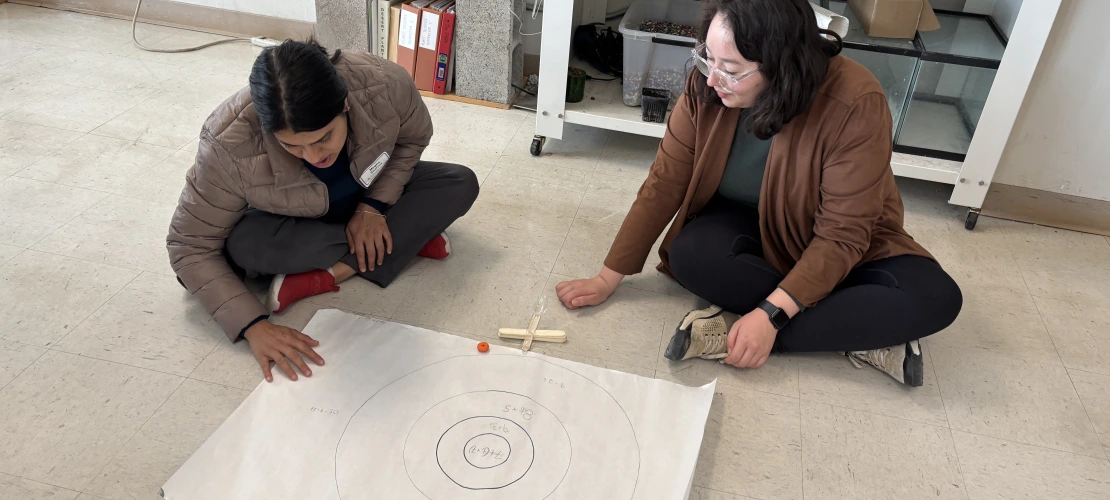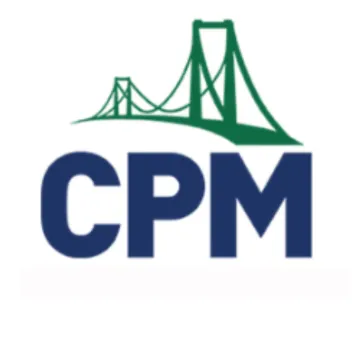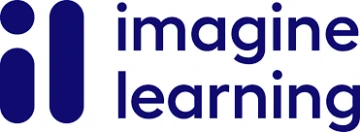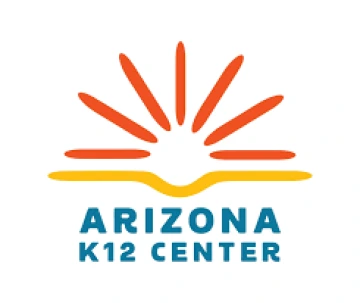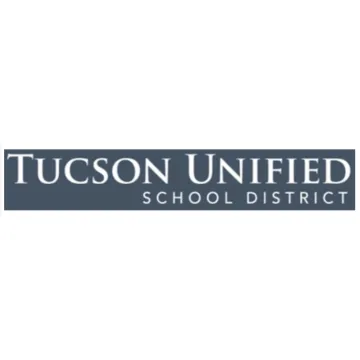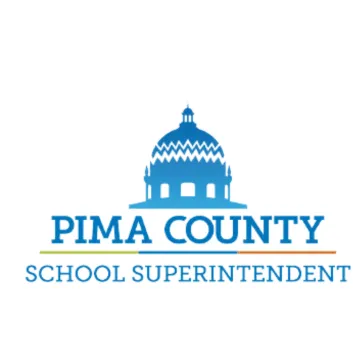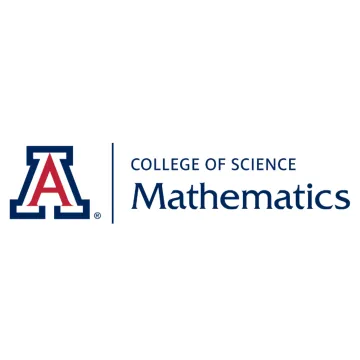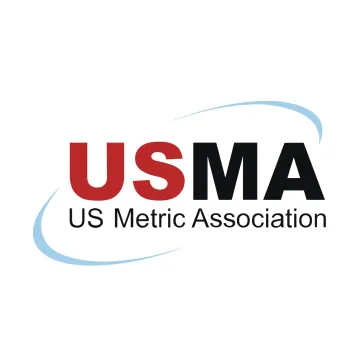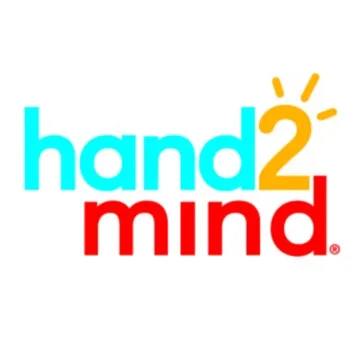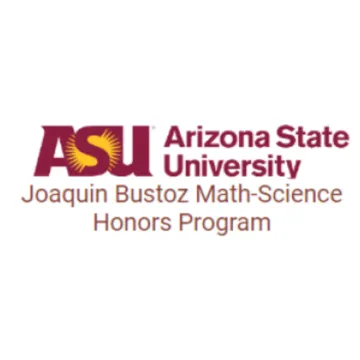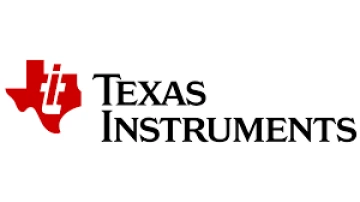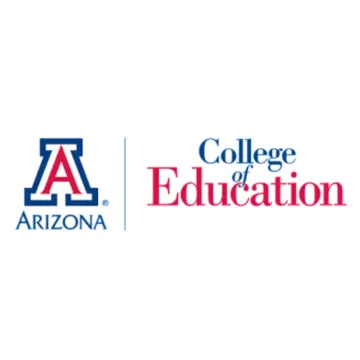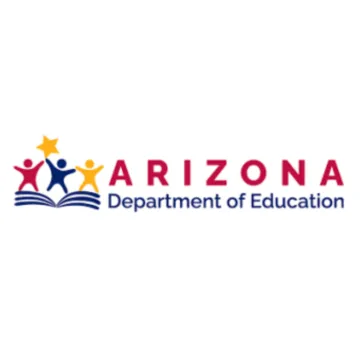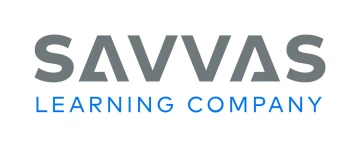
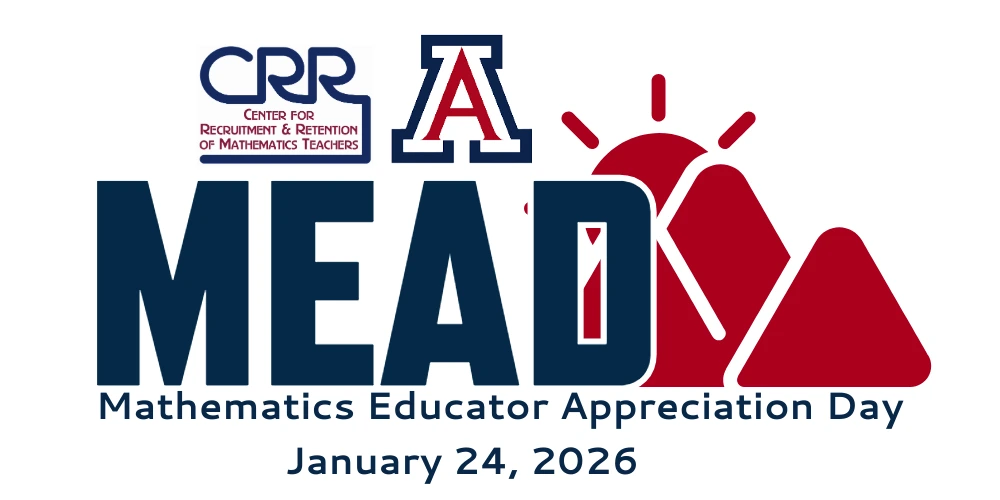
The Mathematics Educator Appreciation Day Conference (MEAD) is Arizona's largest mathematics education event!
Thank you to those who joined us for the 22nd annual MEAD Conference!
MEAD 2026 took place on Saturday, January 24th, with over 150 sessions featuring Keynote Speaker, Cathery Yeh, a leader in cultivating inclusive classrooms and effective mathematics teaching (see below).
If you have any questions, contact math-crr@arizona.edu.
The conference consists of 3 session blocks running 8 AM - 12 PM, followed by the Keynote Luncheon. A professional development certificate will be provided for the sessions attended.
- MEAD is a hybrid event with in-person and virtual options for registration
- In-person participants can enjoy breakfast while exploring the Exhibition Hall at Tucson High Magnet School.
- The Keynote Address will be live-streamed on the MEAD keynote webpage for those not able to attend the Keynote Luncheon at the UArizona Grand Ballroom.

Teachers
Teachers are the primary presenters at MEAD, engaging colleagues in professional conversations. Effective sessions share great examples of an idea, strategy, or understanding that you are using in your classroom and would like to discuss further with other educators.

Hybrid
This year, the MEAD Conference will be HYBRID, with both in-person and online components. This means that participants can attend either in-person or online through Zoom.

History
For 22 years, MEAD has welcomed thousands of teachers to Arizona's largest mathematics education event. With hundreds of sessions, door prizes, and a lovely keynote luncheon, MEAD both engages and appreciates educators.
2026 MEAD Keynote Speaker
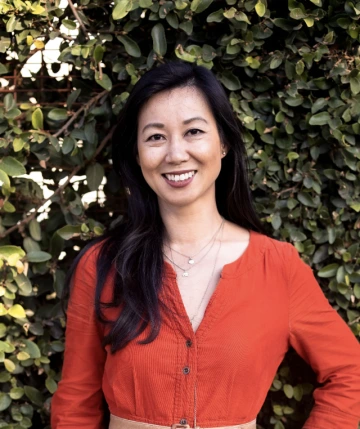
Cathery Yeh
Dr. Cathery Yeh has led Universal Design for Learning (UDL) implementation globally, working with educators in diverse settings, including urban, inclusive, self-contained special education, and dual-language classrooms. As an Associate Professor at the University of Texas at Austin, she examines how culturally responsive pedagogies and Universal Design for Learning can cultivate inclusive classrooms that embrace and leverage students’ multidimensional identities, specifically disability, class, gender, race, and language. Cathery served on the task force and as a writer for Catalyzing Change, the official policy document released by the National Council of Teachers of Mathematics (NCTM), which helped shape the revision of Math Frameworks across the country. She is also the author of Reimagining the Mathematics Classroom and Upper Elementary Mathematics Lessons to Explore, Understand, and Respond to Social Injustice, along with over 80 publications in research and practitioner journals on effective mathematics teaching. Her favorite place is the mathematics classroom, where she enjoys learning alongside teachers, students, and families.
Donate Door Prizes
Click Here!
List of Door Prizes
Click Here!
Thank you to our MEAD Sponsors and Exhibitors!
For more information about our Sponsors, click on their icon to be redirected to their webpage!
If you'd like to become a MEAD Sponsor or attend MEAD as an exhibitor, complete this Google Form or
email mkperkin@arizona.edu







